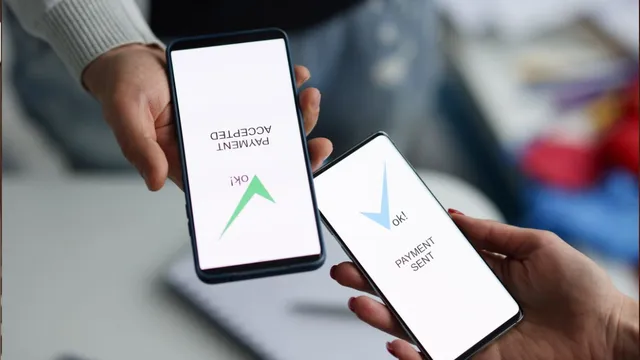- By Sahelee Rakshit
- Tue, 11 Feb 2025 07:51 PM (IST)
- Source:JND
UPI Transactions New Rules: The National Payments Corporation of India (NPCI) has provided updated guidelines for UPI transactions, including auto acceptance and rejection of chargebacks based on Transaction Credit Confirmation (TCC) and returns.
The digital payments body has implemented automatic acceptance and rejection of chargebacks based on the TCC/RET raised by the beneficiary bank in the following settlement cycle after the chargeback has been raised.
However, this procedure is only applicable to bulk uploads and UDIR, not the front-end option.
Chargebacks Meaning
They are frequently launched by remitting banks before beneficiary banks may process UPI-considered approved transactions. This is because the existing mechanism allows remitting banks to issue chargebacks in URCS beginning with T+0.
ALSO READ: Sent Money To Wrong UPI ID Via Gpay, PhonePe Or Paytm? Here’s How To Recover Your Funds
The beneficiary banks do not have enough time to reconcile and process returns proactively before a disagreement becomes a "chargeback" because the method permits banks to raise chargebacks on the same day.
As a result, a number of cases surfaced where beneficiary banks raised "returns" without checking the status of returns that were refused since the chargeback had already been lodged and had been closed on a considered acceptance basis, along with an RBI penalty.
NPCI Rolls Out Auto Chargeback System
NPCI has recently implemented the practice of automatically accepting or rejecting chargebacks based on Transaction Credit Confirmation (TCC) and returns raised by the beneficiary bank in the subsequent settlement cycle after the chargeback has already been submitted in order to address these issues. This will be incorporated into URCS from February 15, 2025.
According to the NPCI circular, member banks are encouraged to memorise the guidelines and share the information with the relevant authority.
Latest NPCI data say that, in January 2025, UPI reportedly reached a new milestone of 16.99 billion transactions in a month, or Rs 23.48 lakh crore.

